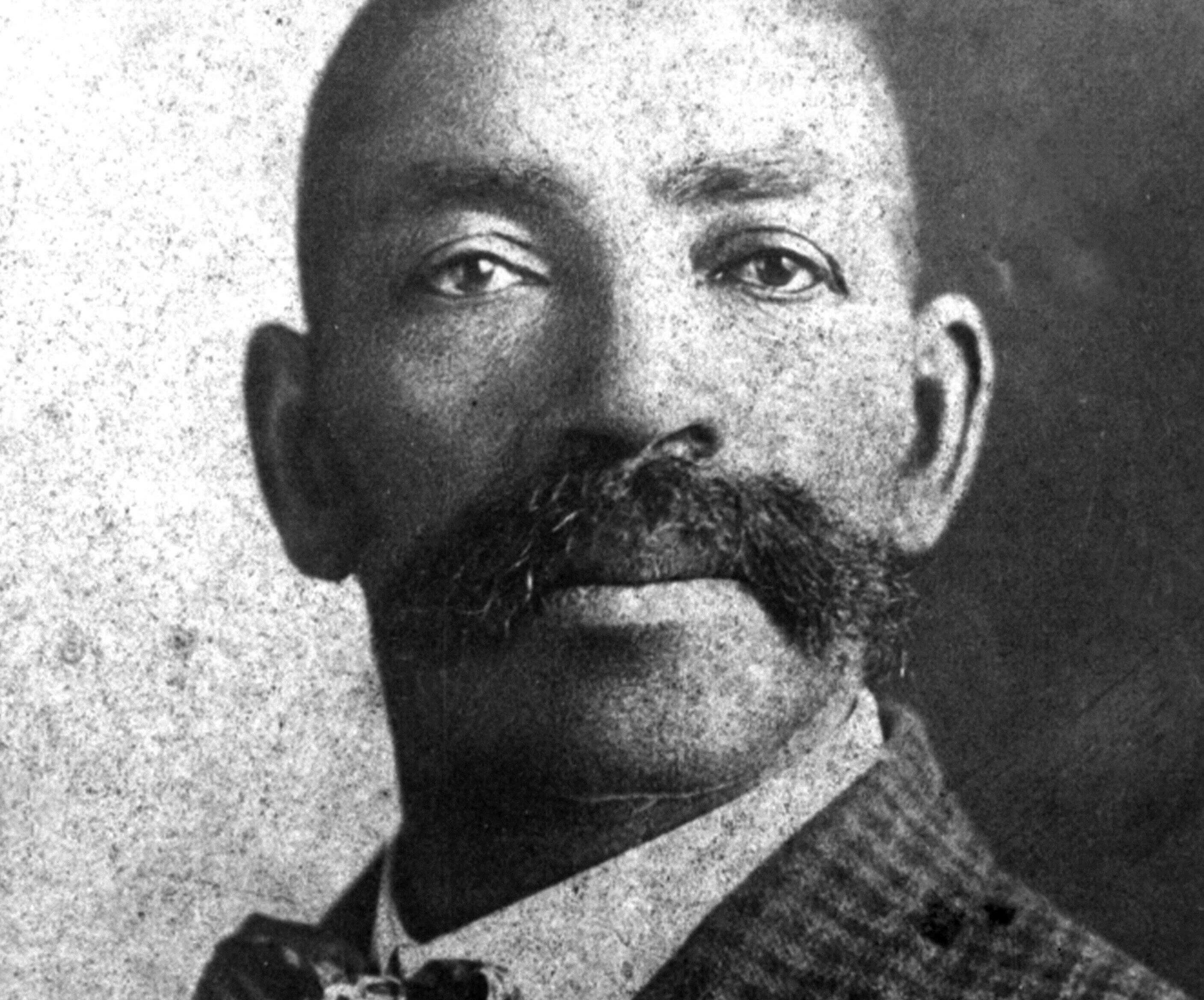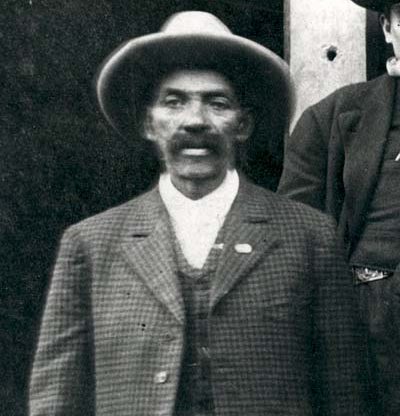In Paramount+’s Western series ‘Lawmen: Bass Reeves,’ Deputy Marshal Bass Reeves is illiterate. Whenever he has to read any documents, one of his fellow officers or Billy Crow helps him. Despite not knowing how to read and write, Bass serves as an exceptional lawman, whose reputation crosses the state border of Arkansas to reach Texas. In reality, as the show depicts, Bass achieved several accomplishments that were not previously accomplished by many black men. However, literacy wasn’t one of the same. Bass never managed to learn to read and write but his inabilities didn’t stop him from being a highly commendable officer!
Bass Reeves’ Illiteracy
Bass Reeves was born into slavery. He was owned by William Steele Reeves, who served as a state legislator of Arkansas. Since he was a slave, Bass was denied education by his master despite his wish to learn to read. “[Bass] even asked his master if he could learn to read because Bass wanted to be able to read the Bible. Like other slaveholders, Bass’ master refused this permission,” historian Art T. Burton wrote in his book ‘Black Gun, Silver Star: The Life and Legend of Frontier Marshal Bass Reeves.’ Although William didn’t want a young Bass to read, he encouraged the latter to learn shooting.

“[William] did permit Bass, who had quick hands and a good eye, to learn to use a gun. Being himself a poor shot, Bass’ master indulged his loyal and trusted slave and appreciated the vicarious prestige when Bass invariably won the turkey shoots and other trials in which Bass was entered, regardless of whether the opponents were black or white,” Burton’s book reads. William’s choice to teach Bass shooting over reading led the latter to become a Confederate soldier during the Civil War and eventually a deputy marshal. After becoming a lawman, Bass signed any official documents with just an “x.” If he had to write something, he dictated the same to someone who was able to do the job for him.
Bass’ illiteracy challenged him when he was assigned to serve subpoenas to the witnesses who had to take part in trials conducted in the Fort Smith, Arkansas, court. Since most of the witnesses were also illiterate, the lawman had to find someone to read the documents and make sure that the right person was served. “He [Bass] would study each separate subpoena until he could associate the symbols of a written name with the sounds of the name as it was spoken. Then he would have someone read the entire subpoena to him until he memorized which name belonged to which subpoena,” Burton wrote about the deputy marshal’s method.

Bass’ efficiency in dealing with court or legal documents, irrespective of his illiteracy, impressed court officials and lawyers. “While Reeves could neither read nor write, he had a faculty of telling what warrants to serve on anyone and never made a mistake. Reeves carried a batch of warrants in his pocket and when his superior officers asked him to produce it the old man would run through them and never fail to pick out the one desired,” the then-Police Judge Walrond, who served as a United States district attorney while Bass was a deputy marshal, told the Muskogee Times-Democrat in 1909.
Not everybody accepted Bass’ illiteracy. Several officials who worked in federal offices at the time even reportedly complained about his inability to read and write. However, his talents as a “manhunter” of outlaws seemingly kept him in his job despite the complaints.
Read More: Lawmen Bass Reeves: Judge Isaac Parker Died at the Age of 58


You must be logged in to post a comment.